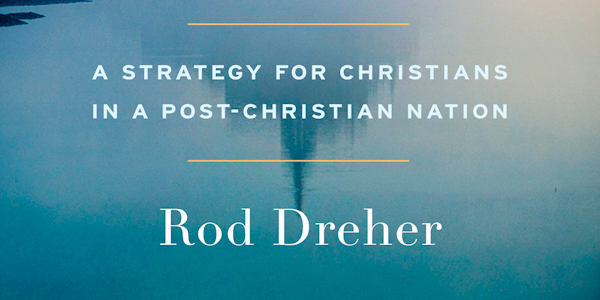In his recent interview with Rod Dreher covering Dreher’s widely discussed and controversial book, The Benedict Option, Deacon Greg Kandra had occasion to note that the book’s release within the Lenten season seemed to jibe with what he called “sub-themes” to Dreher’s central thesis. “Do you think,” he asked, “that there is a particular Lenten message in The Benedict Option?”
Dreher agreed, and enthusiastically, responding, “Oh, absolutely. A rediscovery of asceticism is vital to the preservation and the health of Christianity, especially in these hedonistic times. Fasting used to be a regular part of ordinary Christian life, but not anymore. We have to rediscover that traditional practice. In my book, I quote the Benedictine monks of Norcia talking about the spiritual value in fasting and other forms of asceticism. Asceticism is about spiritual training. Through denying ourselves, we learn how to discipline our own hearts. The thing is, asceticism is not simply about giving things up – as my priest says to us all at the start of Lent, even the demons do without food – but about opening the doors of our hearts to the Holy Spirit.”
As we are rounding the last curve of Lent and heading into the weeks preceding Holy Week, it seems we are meant to become intimate with Christ’s order, “ephphatha.” We are to be opened.
“Christians in the West live in a culture that trains us to satisfy our own desires, and that tells us true happiness can be found in seeking to do so. It’s a lie,” Dreher says. “It’s a deadly lie. We have to resist that with all our hearts. We find it so difficult to tell ourselves “no” these days. But if we don’t learn how to do that, if we don’t learn how to suffer in small things, we will not have the strength and vision to deny ourselves, to suffer, in big things.” Recalling the Old Testament story of the “three children,” Dreher concludes, “Shadrach, Meshach, and Abednego did not suddenly find the courage to resist idol worship, even unto death. They were able to make that decision for God in the moment of maximum testing because they had chosen to sacrifice in small ways for Him in their everyday lives.”

